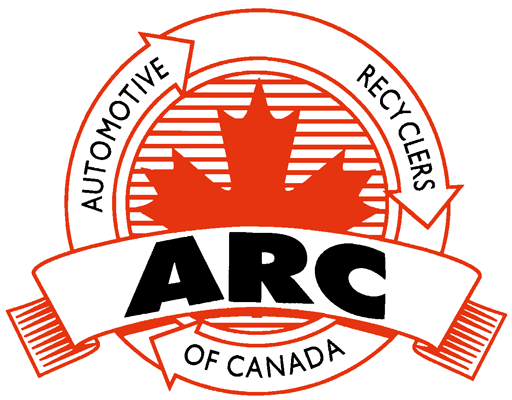Sustainability practices are altering the perception of auto recycling and resulting in greater collaboration between industry stakeholders
Over the last decade, we’ve seen environmental sustainability become an ever more important part of organizational objectives. From our perspective in the auto recycling industry, this has led to conversations with other stakeholders, including collision repairers, OEMs and insurers that centre around Environmental and Social Governance (ESG) practices. As these conversations take place, we want to ensure our members are educated on what is happening, how they can play their part and how we, as an industry can be actively engaged in moving towards ESG and sustainability targets.
Reporting methods
One question that frequently pops up is reporting methods around ESG and what happens if recyclers don’t implement these practices, particularly in their dealings with other stakeholders such as insurers. At the association level, that’s where we’ve been active in trying to connect the dots and understanding that when insurers are talking about sustainability, it is a holistic approach that encompasses everything from environmental practices to social and financial sustainability. These are subjects that we need to know about, especially as recyclers become more engaged with insurers and repairers who increasingly see the benefit of using recycled parts in the collision repair process.
Yet, in order for them to be on our wavelength and understand what we do, they need to see how we’re engaged in the circular economy, how we’re processing vehicles and how we are conducting our reporting that demonstrates environmentally sound and sustainable business practices. A good example is the Canadian Auto Recyclers Environmental Code (CAREC). CAREC has been instrumental in providing auto recyclers with the tools and information needed to deliver best practices for the environmentally sound management of end-of-life vehicles (ELVs). Additionally, CAREC has effectively demonstrated that environmental accountability works in our industry and that CAREC scores are now increasingly considered among insurers who are underwriting policies and renewals for businesses such as automotive recycling operations.
Data increasingly important
As we see more scrutiny over sustainability and environmental claims made by organizations in Canada, having that data and reporting to back up those claims is becoming increasingly important. The recent “anti-greenwashing” issues raised by the Competition Bureau aid in making the third-party CAREC important to show our members are actively engaged in processing vehicles in a truly environmentally sustainable way.
We’ve also been actively working with consultancy firm Oakdene Hollins, and last year, in partnership with them, OARA released a report entitled The Environmental Benefits of Green Recycled Parts in Ontario.
Studies like this provide analysis into what the real benefits of using green recycled automotive parts are and they provide stakeholders like OEMs and insurers a clear insight into the ESG practices that are active within the auto recycling industry and by extension the wider ecosystem. These kinds of initiatives are also enabling greater collaboration with insurers, since they can see the benefits of working with us and we can have conversations where each side understands the issues and constraints they face, along with the benefits and relevance of partnering when it comes to sustainability practices.
IRT webinars
We’ve also seen a greater spotlight on what we’re doing as an industry through a series of International Round Table on Auto Recycling (IRT) webinars. We organized one on Electric Vehicles and more recently another on Sustainability and Auto Recycling, where I spoke alongside Tom Rumboll from SYNETIQ in the UK. One of the biggest recycling operations in Britain, SYNETIQ has a lot of GHG benchmarks and has been very active in this space and it’s something we at ARC are actively following. My focus in this was the power of CAREC and the role recyclers play through the CAREC protocols as it relates to insurers, repairers, and even the OEMs. Plus the findings from GHG studies tangibly show the GHG savings when recycled parts are used versus new.
These types of initiatives continue to position ARC at ground zero when it comes to environmental practices—highlighting the efforts our members are doing not only within our own borders but across North America and internationally too. It also provides momentum to continually push the sustainability factor, and we will continue going deeper into these subjects to deliver a more tactical approach when it comes to implementing and documenting sound environmental practices within automotive recycling. By doing so we hope to see continued progress made when it comes to stakeholder relationships— benefiting all involved with the industry, as well as the circular economy.
Originally appeared in Autosphere August 2024
